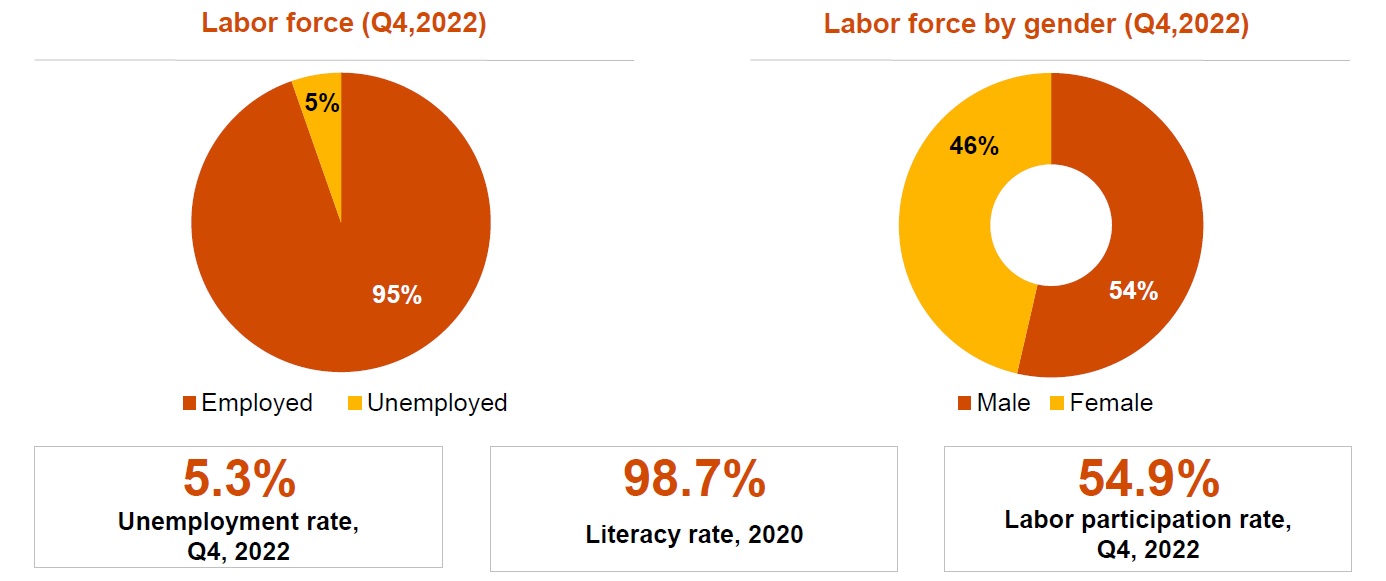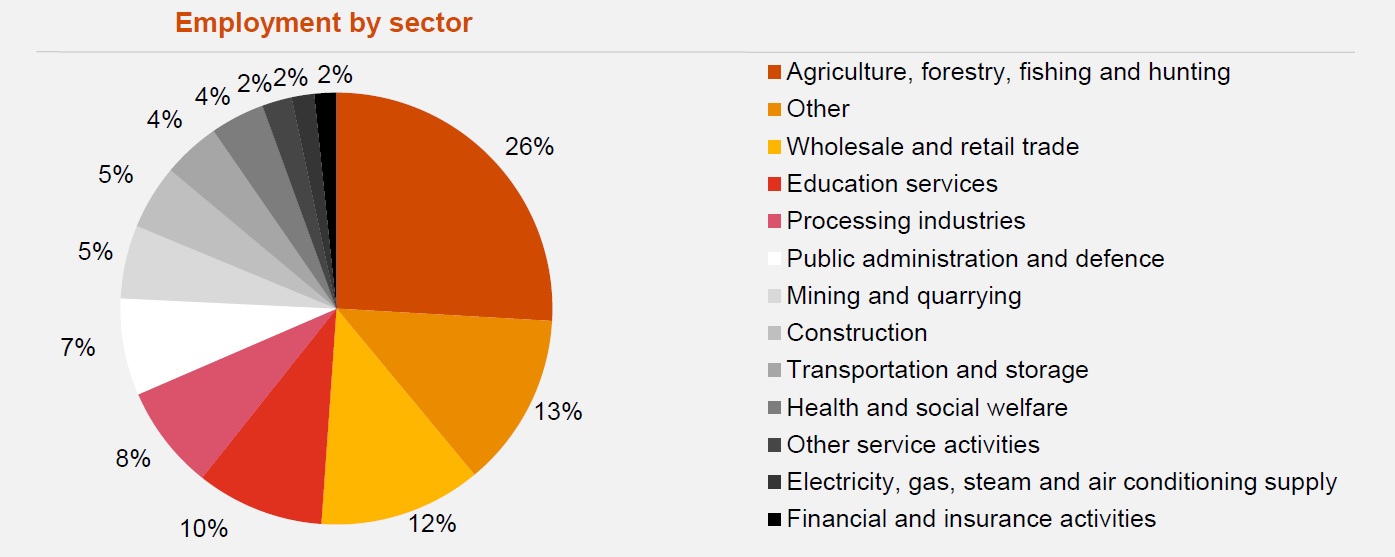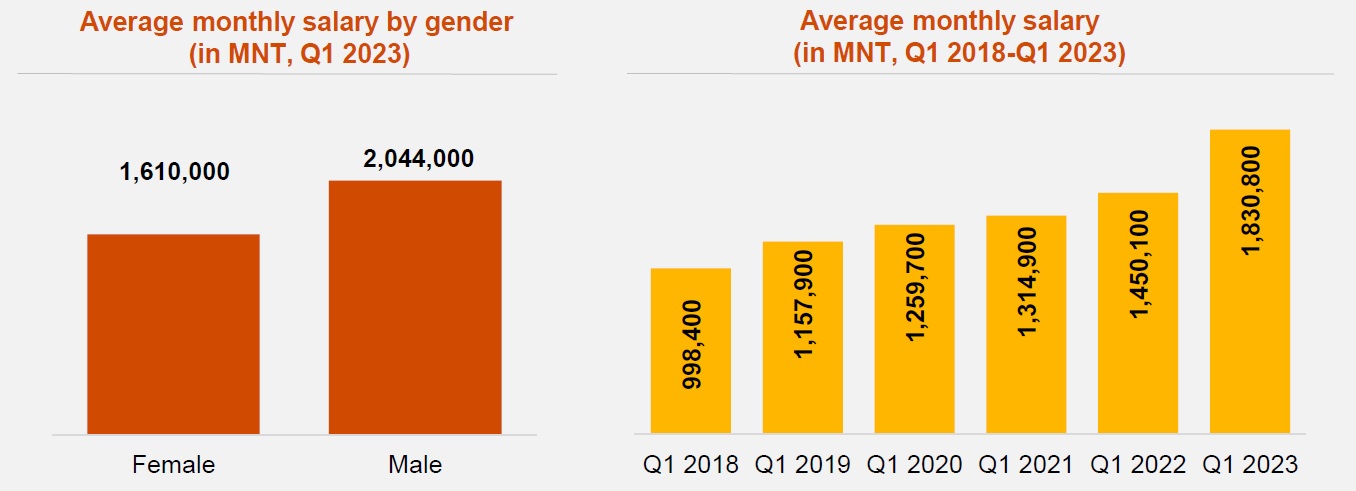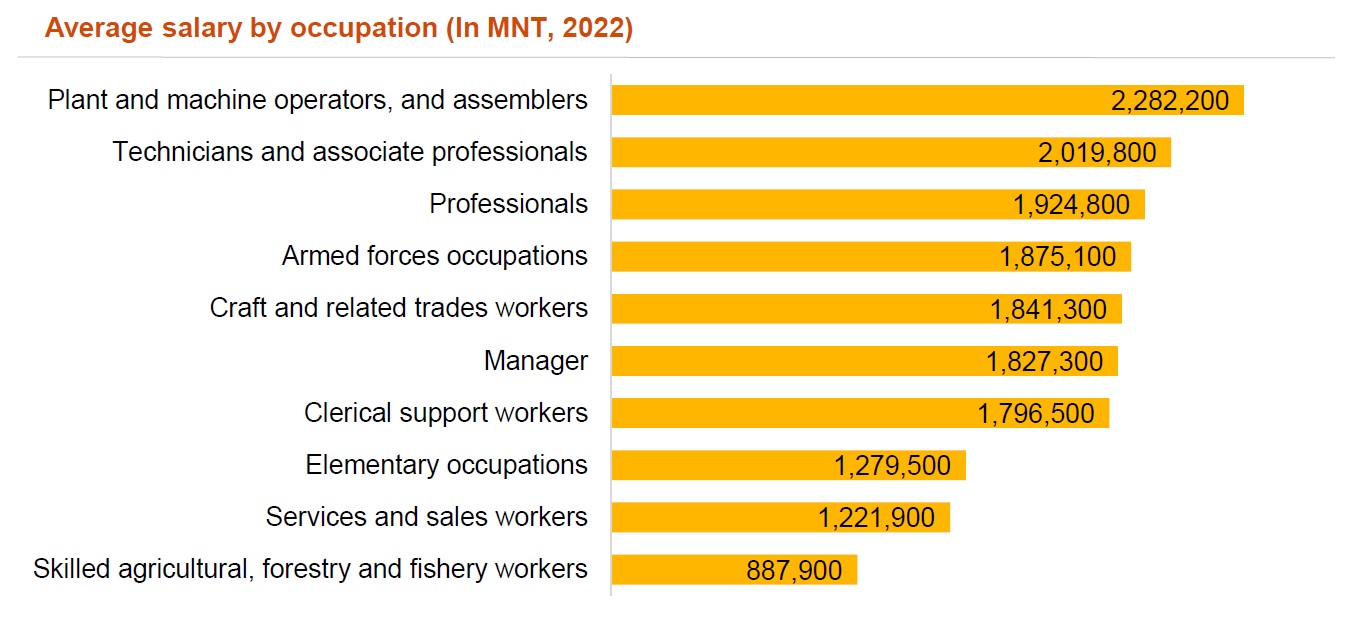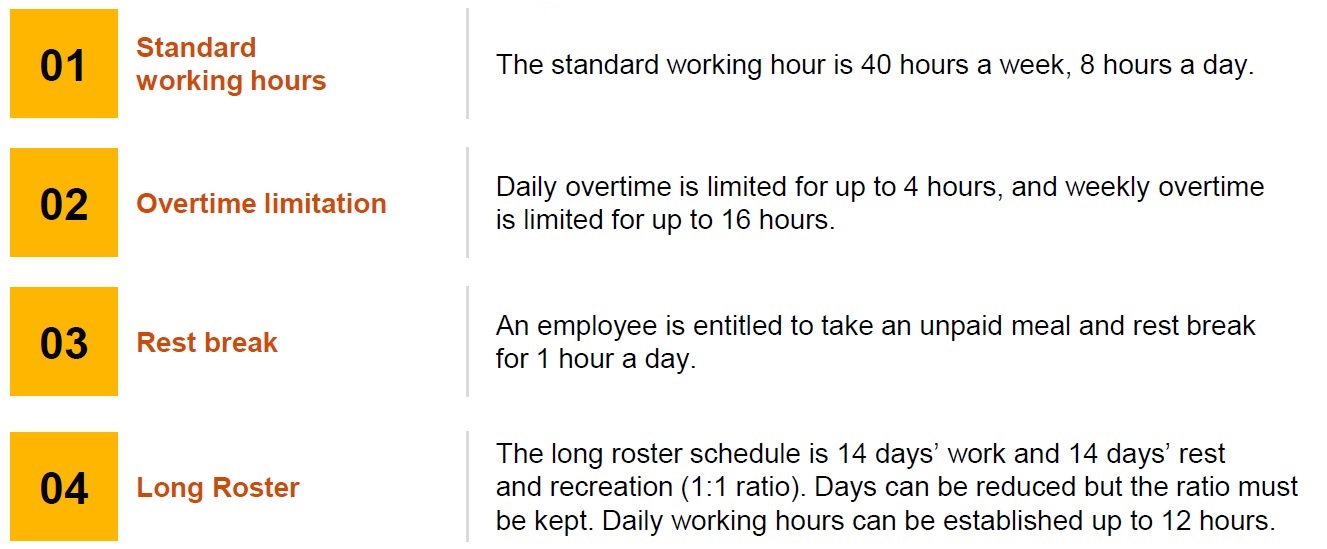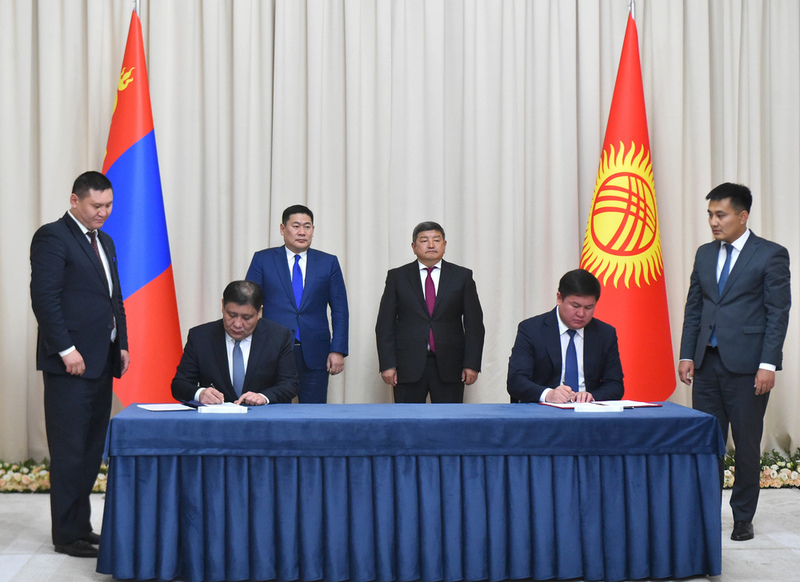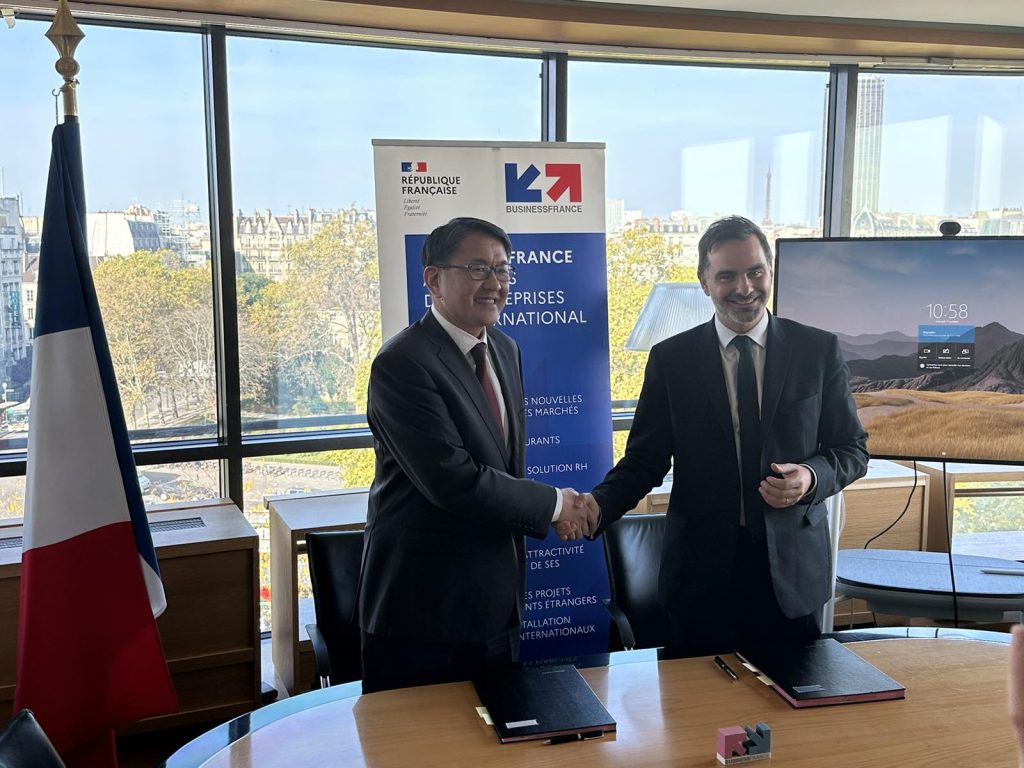Skills
Mongolia’s school system lasts twelve years, with a school entrance age at six years. In Ulaanbaatar and cities like Erdenet, there are private schools; though of mixed quality. Ulaanbaatar also has some foreign-language public schools, for example:, Chinese, English, German, Turkish and Russian.
The National University of Mongolia (NUM) is the country’s oldest. It hosts twelve schools and faculties in Ulaanbaatar, and runs branches in Orkhon and Zavkhan. Approximately one third of those Mongolians with university degrees, graduated from NUM. Mongolian State University is the next biggest, with about 4,000 students.
There are seven other institutions of higher learning: the Institute of Medicine, the Institute of Agriculture, the Institute of Economics, the State Pedagogical Institute the institute of Polytechnic the Polytechnic Institute, the Institute of Russian Language, and the Institute of Physical Culture.
UNESCO estimates that there were just under 10,000 Mongolian students enrolled in higher education abroad in 2012. Leading destinations included South Korea, Russia, the USA, Japan, and Turkey. There is also a network of vocational training for high skills workers, such as: machinists, heavy-equipment operators, and construction workers.
The Ministry of Education and Science, often in conjunction with NGOs and outside government organizations, has implemented non-formal, distance education programs promoting basic skills development. About 100,000 of Mongolia’s 1,200,000 adults are taking part in some form of distance education. In Mongolia, surveys of Mongolian employers reveal key issues enhancing the employability of Mongolian workers.
Improvement should be made to basic education and reducing the drop-out rate. For secondary and tertiary education, as well as vocational training, better links need to be established between education/training programmers, and the skills and knowledge required by enterprises. The government’s response has been to create a national council on vocational training, skills standards and certification, involving key stakeholders to support skills development and link it to the demands of the labor market.
